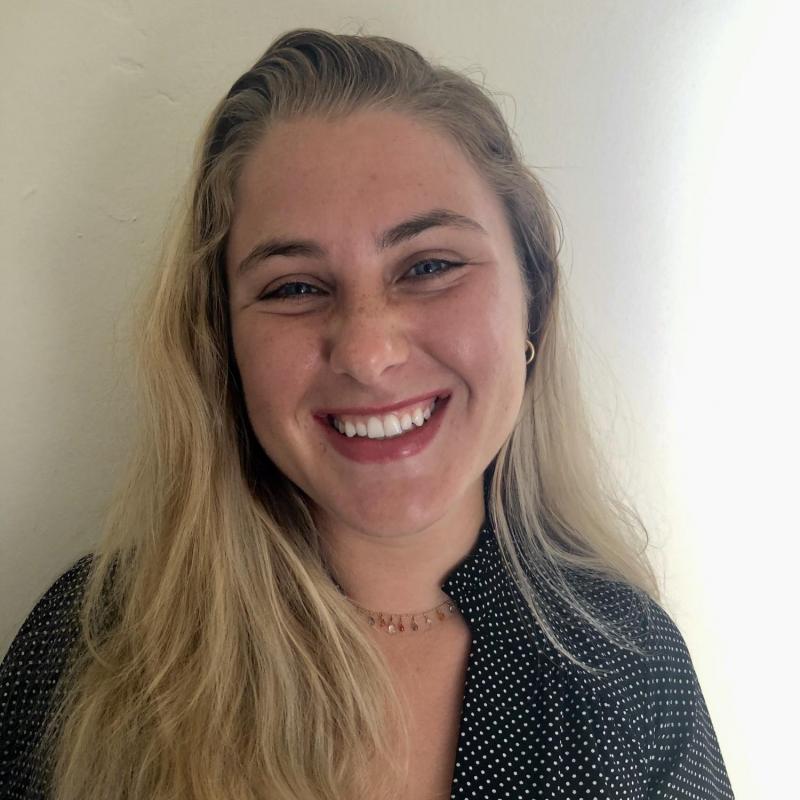My service experience at the Nationalities Service Center (NSC) has been incredibly rewarding, I feel productive in my contributions to helping clients access healthcare and improving health literacy, and I’m excited at the breadth of all that I have learned. At the same time, in navigating the healthcare system and working directly with clients, challenges inevitably arise and certain barriers prove unsurmountable. These challenges feel particularly grave as they involve somebody’s health and physical well being. A particularly salient experience came early in my service term, when a client’s dental issues felt beyond reprise.
As often happens when walk in clients come in asking for the health team, my phone rang and the receptionist let me know that a client had some questions for the health team. I walked out to the lobby to greet the client, somebody who I had escorted to a number of doctor’s appointments. We exchanged some pleasantries as we walked back to the Health Team office together, a long skinny room crowded by 5 desks. We sat down at my desk in the back, settling in as I called in to a phone interpreter, an essential part of facilitating clear communication and mutual understanding with many of the refugee and immigrant clients receiving services at NSC. As the interpreter came on the phone and introduced themself, I took in the client’s posture and expression; he seemed retreated and frustrated. Through the interpreter, I asked the client what he had come in to talk about. After the interpreter finished communicating my greeting, the client launched into the story of what happened to his teeth.
Starting from the beginning, he described having a series of appointments at a dentist in his neighborhood; the most recent of which the dentist removed a number of this client’s teeth. With no interpretation provided during the appointment, and being under anesthesia, the client was understandably confused about what exactly the procedure entailed and what would be coming next. Without his teeth, he was having difficulty eating, and felt self conscious about smiling and talking. His confusion, exasperation, and frustration was compounded by the fact that it had been weeks since he had heard from the doctor regarding dentures he had been promised prior to the procedure.
Whilst validating the client’s anger, I tried to hold back my own criticisms of the way this situation was handled by the dentist. I racked my brain for next steps in helping the client move forward to get his dentures. After much discussion, we decided that I would be able to help facilitate communication with the dentist and help the client understand his care plan. After speaking to the dentist on the phone, it became evident that the process of getting the dentures made wouldn’t be able to start until it was approved by the Medicaid HMO that the client was enrolled in. What this meant for the client was more waiting, more uncertainty, and more time without teeth.
Over a couple months and way too much time spent on hold with the dentist and insurance company, we finally got a status update, and it was more unfortunate news. The client, who had come to the US as a refugee, no longer had insurance coverage. While he was provided Medicaid insurance coverage for a temporary 8-month period after his arrival to the US, he had not re-enrolled and no longer had insurance that would cover the dentures, or any other health services for that matter. The client, who didn’t qualify for Medicaid on the basis of income, was simply interested in obtaining dental insurance coverage, something that is only covered when purchased in conjunction with expensive medical insurance. The cost of maintaining insurance coverage and receiving the specific dental service this client wanted, would have been too much of a financial burden. Eventually, he decided, instead, to establish a payment plan with the dentist to pay directly out of pocket for the dentures, and forgo enrolling in health insurance.
This story doesn’t resolve in any particularly inspiring way, but illustrates some of the struggles of navigating a confusing and bureaucratic healthcare system. There are many ways that people are offered very limited choices regarding their healthcare. At NSC, we work to create a space where clients can trust that we will help them navigate the healthcare system, and support clients in making informed decisions about their own health.


